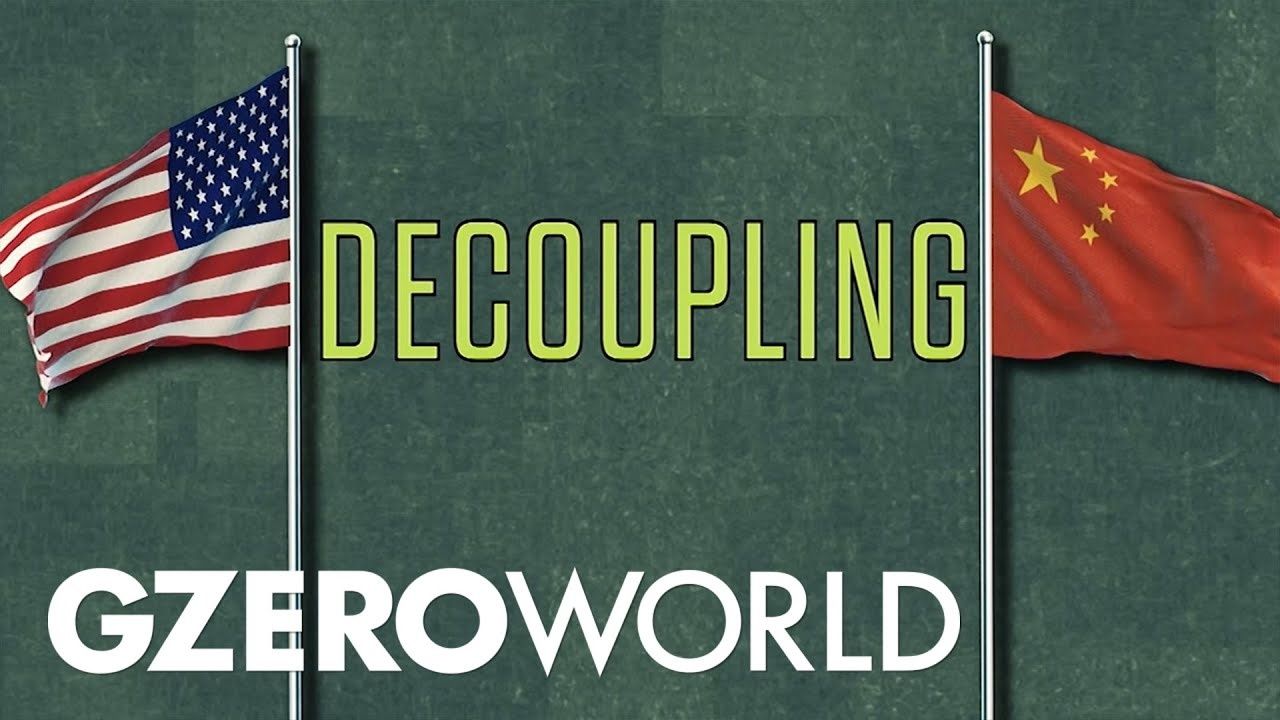As the U.K. moves to ban Huawei over security concerns, GZERO World with Ian Bremmer examines a global dilemma: How can the US and its allies find common ground with a nation that is becoming increasingly authoritarian under President Xi Jinping? Bremmer talks to Zanny Minton Beddoes, Editor-in-Chief of The Economist, who points out the slippery slope of increased decoupling of the world's two biggest economies. "The most extreme version is that you have to have two tech ecosystems, separate hardware, separate software companies, completely different," she says. "But even if you go down that route, then what do third-party countries do? If you're in Indonesia or in India or Brazil?"
More For You
Most Popular
Will AI change the balance of power in the world? At the 2026 World Economic Forum in Davos, Ian Bremmer addresses how artificial intelligence could redefine global politics, human behavior, and societal stability.
Ian Bremmer sits down with Finland’s President Alexander Stubb and the IMF’s Kristalina Georgieva on the sidelines of the World Economic Forum to discuss President Trump’s Greenland threats, the state of the global economy, and the future of the transatlantic relationship.
GZERO World heads to the World Economic Forum in Davos, where Ian Bremmer lookst at how President Trump’s second term is rattling Europe, reshaping both transatlantic relations and the global economy, with Finland’s President Alexander Stubb and the IMF’s Kristalina Georgieva.
